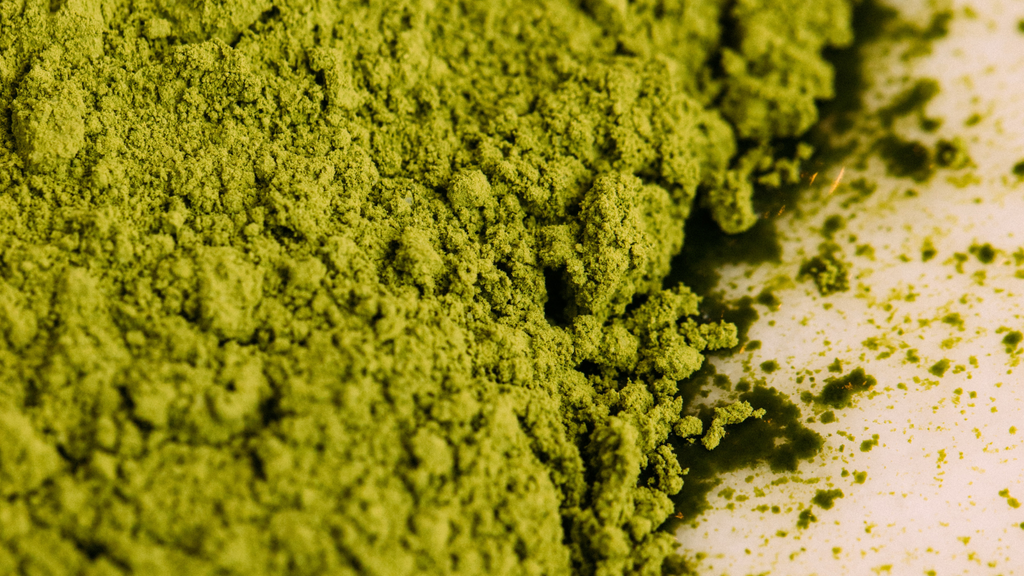Microalgae: A Superfood
Microalgae are tiny aquatic organisms that have gained popularity as a natural detoxification aid. These microscopic plants are packed with nutrients and have been shown to have a range of health benefits, including helping to cleanse the body of toxins.
One of the main ways that microalgae detox the body is through their high chlorophyll content. Chlorophyll is a pigment found in plants that gives them their green color and is essential for photosynthesis. It has been shown to have detoxifying properties and can help to cleanse the body of heavy metals and other toxins.
Microalgae also contain high levels of antioxidants, which help to protect the body from the damaging effects of free radicals. Free radicals are unstable molecules that can damage cells and contribute to the development of chronic diseases. Antioxidants help to neutralize free radicals, which can help to prevent damage to the body and support overall health.
In addition to their detoxifying and antioxidant properties, microalgae are also a rich source of vitamins, minerals, and other essential nutrients. They are particularly high in vitamins A, C, and E, as well as a range of B vitamins. They are also a good source of calcium, magnesium, and iron, which are all essential for maintaining good health.
There are many different types of microalgae that you may have heard of or are already using, including spirulina, chlorella, and blue-green algae.
Spirulina and chlorella are both types of microalgae that are commonly used as dietary supplements. While they are similar in some ways, there are also some important differences between the two.
Spirulina is a type of blue-green algae that is found in warm, alkaline water. It has a spiral shape, hence its name. It is a rich source of protein, vitamins, and minerals, and is often used as a dietary supplement to boost the immune system and improve overall health.
Chlorella, on the other hand, is a type of green algae that is found in fresh water. It has a round shape and a tough outer cell wall, which makes it difficult for the body to digest. Unlike spirulina, chlorella is not a good source of protein, but it is rich in vitamins and minerals, especially vitamin B12, iron, and magnesium.
One of the main differences between spirulina and chlorella is their nutrient content. While spirulina is a rich source of protein, chlorella is not. Additionally, chlorella is a better source of vitamins and minerals than spirulina, especially B12, iron, and magnesium.
Another key difference between the two is their taste and smell. Spirulina has a slightly sweet and nutty taste, while chlorella has a strong, earthy taste that some people find unpleasant. Additionally, spirulina has a pleasant, slightly seaweed-like smell, while chlorella has a strong, pungent odor.
For our formulas, we've stepped out of the ordinary and chosen three specific marine Microalgae:
- Dunaliella Salina
- Tetraselmis Chuii
- Nanocloropsis Oceanica
Dunaliella salina is known for its ability to produce large amounts of beta-carotene, a pigment that gives it its distinctive red color. This pigment is a powerful antioxidant and is used in the production of dietary supplements, cosmetics, and other products.
Dunaliella salina is also an important source of vitamins and other nutrients, including vitamins A, B, C, and E, as well as several minerals and trace elements.
Tetraselmis chuii is known for its high antioxidant and Omega-3 content.
One of the primary reasons that Nannochloropsis oceanica is gaining attention as a potential superfood is its high nutritional value. This algae is a rich source of protein, vitamins, and minerals, making it a potential alternative to traditional protein sources like meat and soy.
In addition, Nannochloropsis oceanica is also a good source of omega-3 fatty acids, which are essential for maintaining a healthy heart and brain.
Some studies have suggested that both Tetraselmis chuii and Nannochloropsis oceanica may have anti-inflammatory properties, making it potentially useful in the treatment of conditions like arthritis and asthma.
Overall, microalgae are a natural and effective way to support the body's detoxification processes and promote overall health. By adding in a daily dose to your healthy lifestyle, they may help to support the body's natural defense mechanisms and protect against the damaging effects of toxins.
Continue reading




